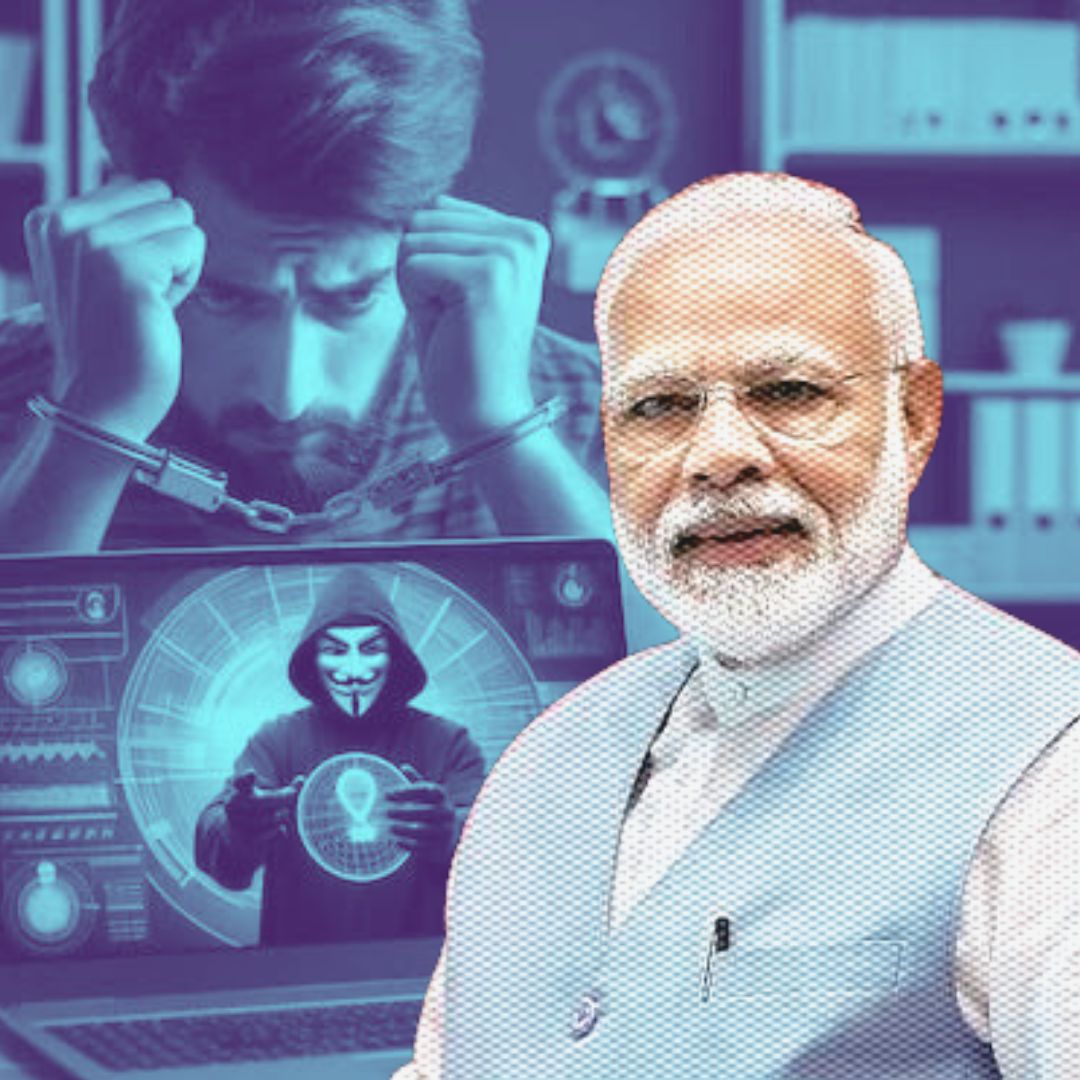On October 27, 2024, Prime Minister Narendra Modi warned against “digital arrest” scams during the 115th episode of ‘Mann Ki Baat’. He clarified that no government agency will contact individuals via phone or video call for investigations. Modi urged citizens to record suspicious calls and report them to authorities, outlining steps to enhance digital security.
Understanding the Scam
Modi explained that scammers impersonate officials from agencies like the CBI and RBI, creating an atmosphere of fear to coerce victims. He highlighted three key steps for digital security: Stop, Think, and Take Action. Victims span all demographics, with many losing substantial amounts of money. Modi advised taking screenshots and contacting the National Cyber Helpline at 1930 for assistance.
देशवासियों को Digital Arrest के नाम पर हो रहे Scam से बहुत सावधान रहने की जरूरत है। मैं आपको Digital सुरक्षा के ये तीन चरण बता रहा हूं, जिन्हें आप जरूर याद रखें…. #MannKiBaat pic.twitter.com/mnjzD7bOLo
— Narendra Modi (@narendramodi) October 27, 2024
Steps to Report Scammers:
1. Stop: Remain calm and do not panic.
2. Think: Assess the situation; remember no government agency operates this way.
3. Record: If possible, take screenshots or record the call.
4. Report: Dial 1930 for the National Cyber Helpline or visit www.cybercrime.gov.in.
5. Inform Authorities: Report the incident to local police.
Background Context – The “digital arrest” scam has recently gained notoriety, with high-profile cases such as a businessman losing ₹7 crore after being falsely detained online. Authorities are actively investigating these incidents, emphasizing public awareness and vigilance against such cyber threats.
The Logical Indian’s Perspective
This alarming trend underscores the necessity for community awareness and proactive measures against cyber fraud. As we navigate an increasingly digital world, fostering a culture of vigilance and support is crucial. How can we collectively enhance our digital safety and protect one another from such scams?












